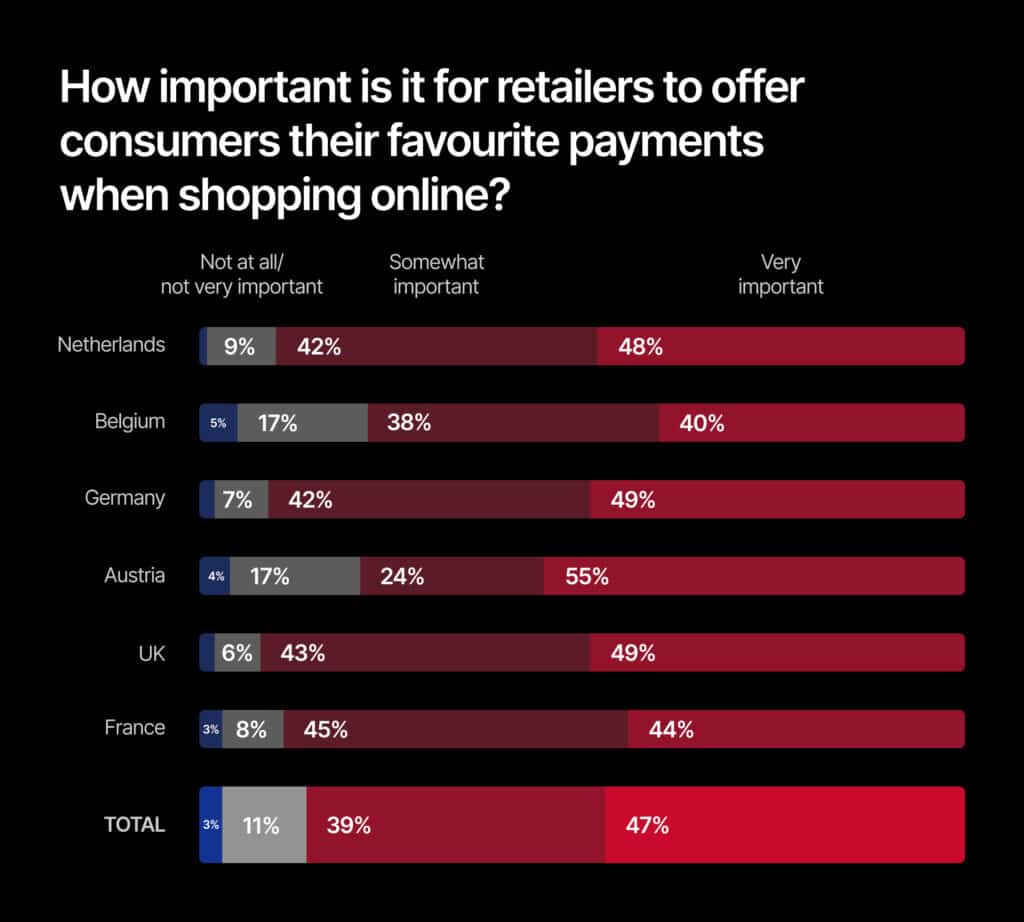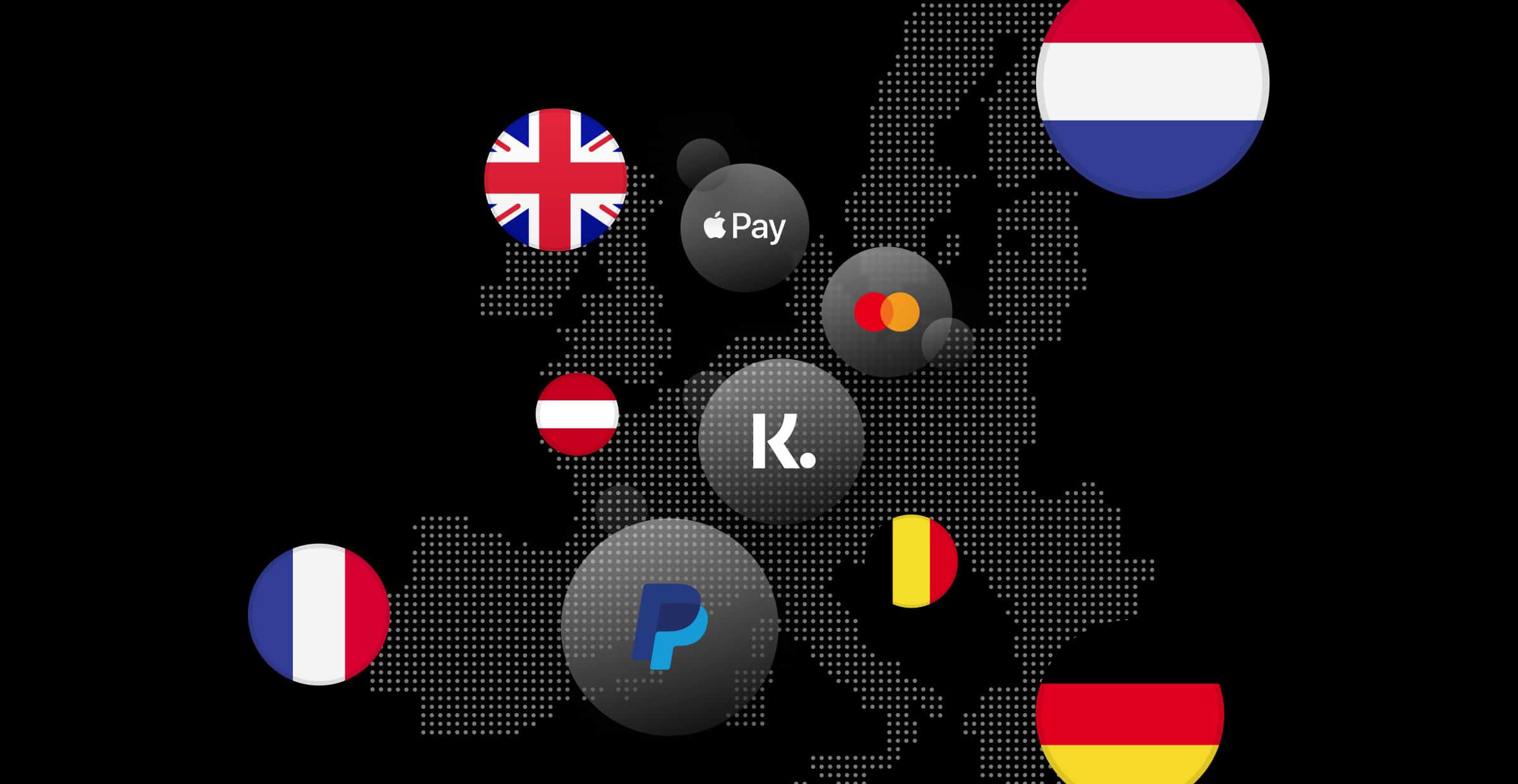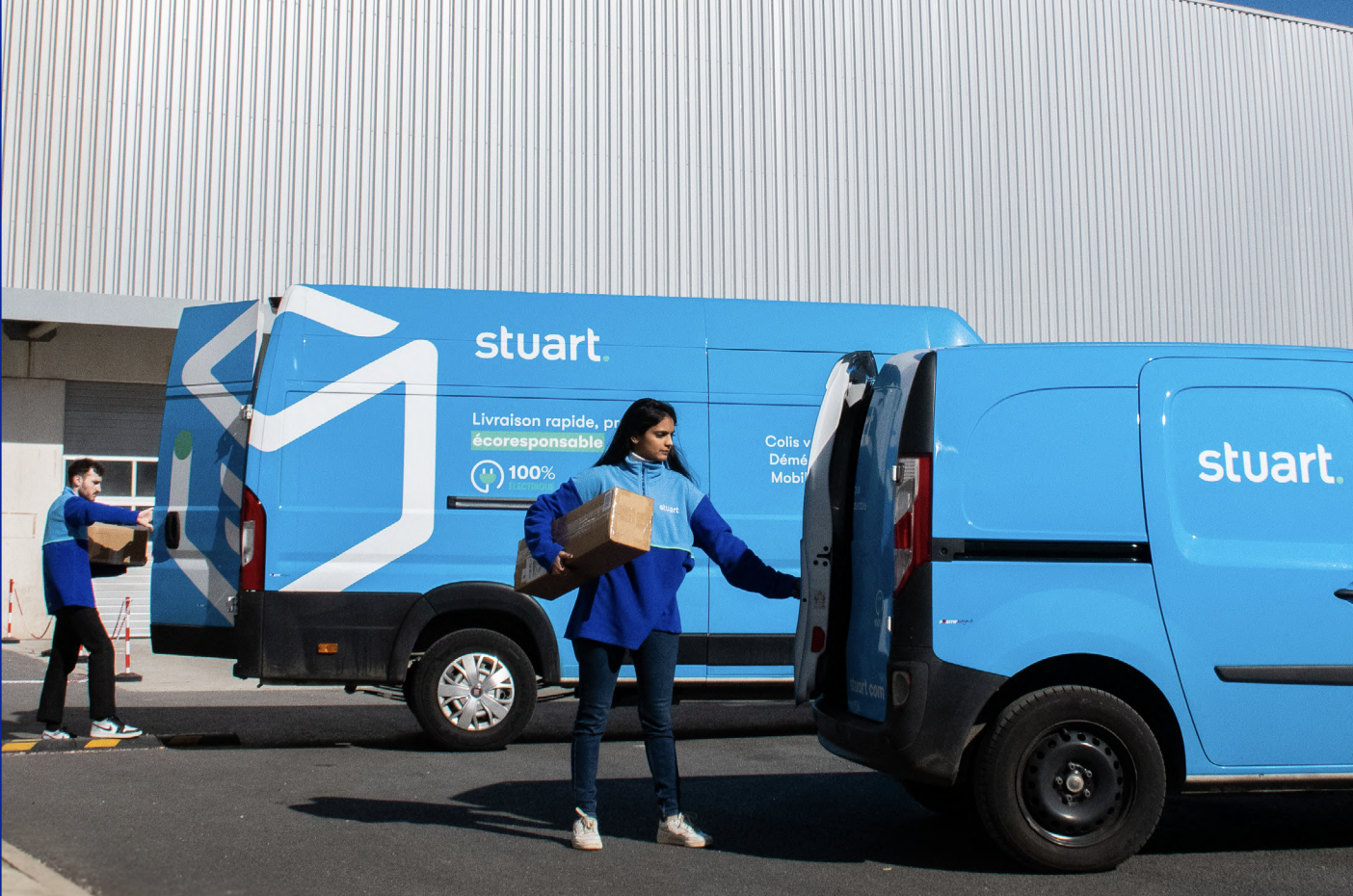As Brits brace themselves for economic downturn amid rising cost of living concerns, their purchasing behaviours will undoubtedly shift to being more selective than in recent years. In fact, a recent survey of 3,000 ecommerce shoppers across Europe found that more than half (51%) of UK consumers believe that the economic situation will worsen in the next 12 months, and 23% believe it will worsen significantly. As a result, a whopping 85% plan to cut their online spending.
With such potential for volatility, ecommerce merchants must prepare to meet these shifting consumer expectations if they’re to thrive in the face of tough trading conditions. SME retailers are likely to be hit particularly hard.
Though the UK saw a COVID-driven ecommerce boom from Q1 2020, growth is slowing – though that doesn’t mean shoppers will be rushing out to the high street again. Actually, 35% of UK consumers shop online more now than they did pre-pandemic. This shift in shopping behaviour, combined with consumer hesitancy around spending, means that online retailers need to make sure they’re offering the most seamless, friction-free experience possible to attract and retain their customers.
What ecommerce merchants can do to prepare
Despite low consumer confidence, our research reveals that online retailers can still win and retain customers, if they better understand their needs. Quick and efficient payment methods, efficient shipping time, and free return options remain high on the priority list for UK shoppers.
First and foremost, in order to best encourage customers to return, online merchants should ensure they’re offering UK shoppers their preferred payment methods. 76% of UK consumers said this was among the most important capabilities that an online retailer can offer to earn their business. Payments are also instrumental in customer loyalty – 84% of UK shoppers say that available payment methods are the biggest factor in their decision to purchase again from an online retailer. Credit/debit card payments, and PayPal are the preferred payment methods for UK consumers looking to purchase from both domestic and international retailers.
More than three-quarters (77%) of UK shoppers said that quick shipping was a major draw for them. And in spite of the apparent trend toward some major online retailers choosing to charge for returns, 75% of British consumers want free returns made available to them. Unsurprisingly, shoppers also highly value seeing good reviews, or previous positive experiences – trust – when choosing a brand. 81% said this would make them purchase from an online retailer again.

Customer turn offs
There are, of course, factors that absolutely turn off customers. To the best of their ability, online retailers should avoid high shipping costs or taxes, for example, especially when only presented at checkout. Over half of consumers said that high levies would push them away from a retailer, likely a particular sore spot for Britons who have contended with added fee pain points around Brexit the past few years. British shoppers are also fairly concerned about payment security, and over half (51%) felt that they’d ditch a brand if they felt payment security was questionable.
Perhaps unsurprisingly, consumers felt that they’d be less likely to shop with a retailer if they found the prices were higher than at larger retailers – once again a sign that SME ecommerce merchants are at particular risk of losing out to the likes of Amazon, Ebay, and other global retail giants.
Manyshoppers decide to abandon their goods at the checkout phase. Cart abandonment is most likely to occur with UK shoppers in cases of high shipping costs or taxes, payment security worries, and lack of preferred payment methods. In fact, some research shows that 9 in 10 shoppers will abandon a cart due to lack of payment options. The average value of an abandoned cart in the UK is £68, with fashion, food and drink, and health and beauty businesses most likely to miss out. £20.6bn of goods in the UK never make it through the checkout process. That’s a large sum left on the table every year, and capital that today’s ecommerce retailers can’t afford to miss out on.
Final thoughts
If UK ecommerce retailers are to successfully navigate the coming economic headwinds, and constantly evolving customer expectations, they need to be prepared to offer fast shipping, quick and efficient payment methods and free returns above all.
Mollie’s European Ecommerce Report, which contains a full analysis and further insights, can be downloaded here.







